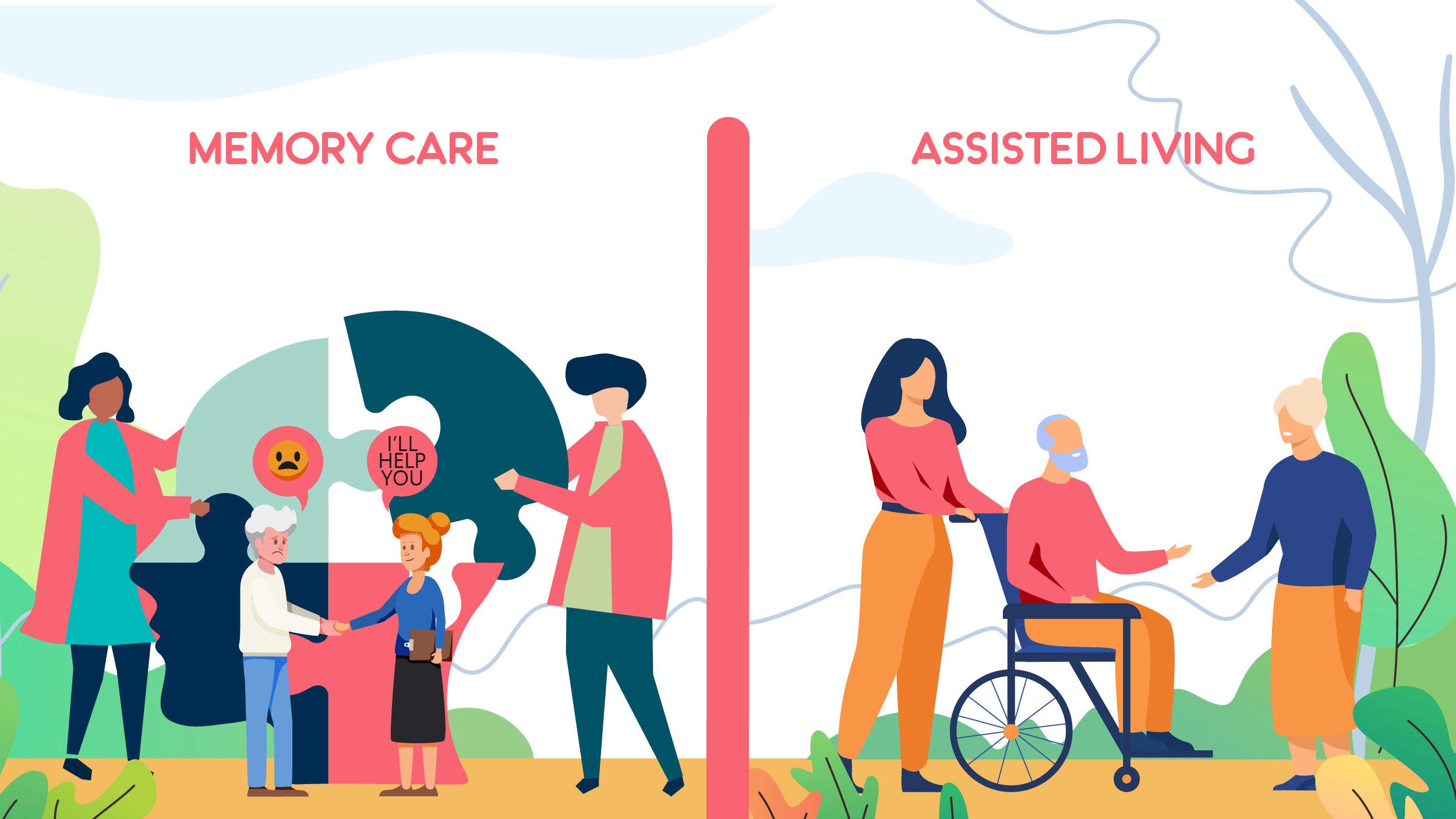The Advantages of Deciding On Specialist Alzheimers Care Charlotte Facilities
The Advantages of Deciding On Specialist Alzheimers Care Charlotte Facilities
Blog Article
Expert Tips for Providing High quality Alzheimer's Treatment in the house
Looking after an individual with Alzheimer's disease at home presents one-of-a-kind challenges that require both understanding and strategic preparation. Developing an organized everyday routine, enhancing interaction abilities, and developing a risk-free atmosphere are vital elements of efficient caregiving. Additionally, caretakers need to not ignore the significance of seeking external assistance and sources to preserve their very own wellness. As we check out these expert pointers additionally, it ends up being clear that a thoughtful approach can significantly affect the lifestyle for both the caregiver and the specific getting care. What certain strategies can be applied to make sure a helpful ambience?
Understand Alzheimer's Disease
Alzheimer's condition, a progressive neurodegenerative problem, profoundly affects cognitive feature and everyday living tasks. It primarily impacts memory, assuming, and behavior, causing a steady decline in the capabilities essential for independent living. Early symptoms commonly consist of forgetfulness, problem in analytic, and obstacles in completing familiar jobs. As the condition progresses, individuals might experience disorientation to time and area, impaired judgment, and modifications in state of mind and individuality.
The etiology of Alzheimer's is intricate, involving the accumulation of amyloid plaques and tau tangles in the brain, which disrupt neuronal interaction and bring about cell death. Risk variables consist of age, genes, and way of living choices, with the majority of cases occurring in individuals over 65. Awareness of these aspects is vital for caretakers, as recognizing the problem can promote far better assistance and treatment approaches.
Additionally, Alzheimer's disease not only affects the specific yet additionally has substantial psychological and logistical ramifications for households. Recognizing the phases of the condition permits caregivers to anticipate challenges and adapt their strategy, making certain that the demands of those impacted are met with compassion and understanding. This fundamental understanding is vital for promoting quality treatment in your home.
Establish a Regular
Producing a structured daily regimen can dramatically boost the lifestyle for individuals coping with Alzheimer's illness. Establishing regular patterns aids to reduce complication and anxiety, supplying a sense of protection and familiarity. A day-to-day routine needs to include normal times for meals, tasks, and rest, which can aid individuals expect what to expect throughout the day.
Incorporating straightforward, familiar tasks right into the regimen can advertise a sense of accomplishment and freedom. Activities like gardening, cooking, or also simple family jobs can be useful. It is important to tailor these tasks to the person's passions and capacities, guaranteeing interaction without disappointment.
In addition, versatility within the regimen is vital. While consistency is necessary, permitting for changes based upon the person's state of mind or power degrees can assist preserve a favorable environment. Motivate engagement in social communications, whether via household check outs or neighborhood activities, as these can offer stimulation and connection.
Enhance Communication Abilities
Effective interaction is essential for preserving significant links with people dealing with Alzheimer's illness. As cognitive capabilities decline, conventional conversation might come to be difficult. For that reason, caregivers should adjust their interaction techniques to cultivate understanding and link.

Active listening is crucial. Show real interest by preserving eye call and responding to acknowledge their ideas or sensations. Stay clear of saying or remedying, as this may bring about aggravation. Rather, confirm their emotions and reroute the conversation delicately if required.
Utilizing visual help, such as pictures or composed reminders, can likewise improve understanding. Urge involvement in activities that stimulate conversation, such as reminiscing about previous occasions or checking out picture cds.
Develop a Safe Atmosphere
A helpful atmosphere plays a considerable role in the well-being of people with Alzheimer's condition. Developing a safe home setup is important to decrease threats and enhance the high quality of life for both the individual and their caregivers. Begin by analyzing the home for possible hazards. Remove stumbling dangers such as loosened rugs, electrical cords, and clutter. Guarantee that pathways are well-lit and clear to avoid drops.
Set up security locks on windows and doors to avoid roaming, which is an usual problem in Alzheimer's patients. Furthermore, think about using non-slip mats in washrooms and mount grab bars for included support. Classifying spaces and vital things description can help people navigate their environments much more easily.
Emergency situation get in touches with should be plainly posted near phones, and a medical sharp system can supply comfort. Take into consideration utilizing childproofing procedures for sharp objects and dangerous substances. Frequently inspect smoke detectors and carbon monoxide alarms to guarantee they are functioning. On the whole, customizing the home setting to the special demands of the individual with Alzheimer's not just promotes safety and security yet likewise urges freedom and comfort.
Look For Support and Resources
Accessing support and resources is vital for caregivers and people facing the difficulties of Alzheimer's disease. Caregiving can be overwhelming, both physically and mentally, and it is important for caregivers to seek help to keep their wellness and supply high quality care.

Additionally, Extra resources discovering respite care options can pay for caregivers much-needed breaks, allowing them to charge and decrease burnout. This may include adult day programs or at home treatment services. Economic support programs may also be available to assist counter the expenses of care.

Verdict
In summary, offering quality Alzheimer's care in the house demands a diverse method. Understanding the intricacies of the disease, developing a structured routine, improving communication skills, developing a risk-free atmosphere, and looking for assistance from available resources collectively add to enhanced caregiving experiences. Applying these strategies not only cultivates a feeling of self-reliance and accomplishment for people with Alzheimer's but likewise relieves caretaker anxiety, eventually enhancing the lifestyle for both caregivers and those they sustain.
Caring for a specific with Alzheimer's illness at home presents one-of-a-kind challenges that call for both understanding and strategic preparation.Additionally, Alzheimer's condition not just influences the private however likewise has considerable emotional find more and logistical ramifications for families.Developing an organized daily routine can substantially improve the top quality of life for individuals living with Alzheimer's condition.Reliable interaction is essential for preserving purposeful connections with people living with Alzheimer's illness. Alzheimers Care Charlotte. Implementing these techniques not only fosters a sense of self-reliance and achievement for people with Alzheimer's however likewise minimizes caretaker anxiety, ultimately improving the top quality of life for both caregivers and those they support
Report this page